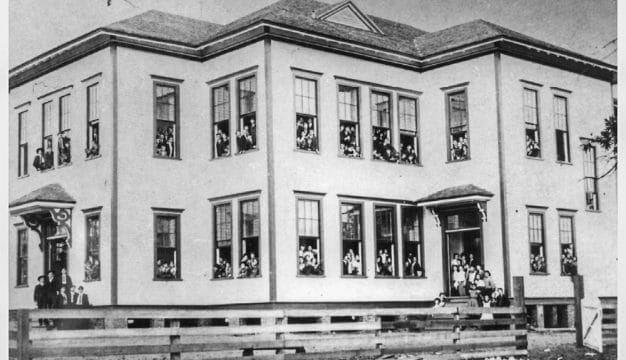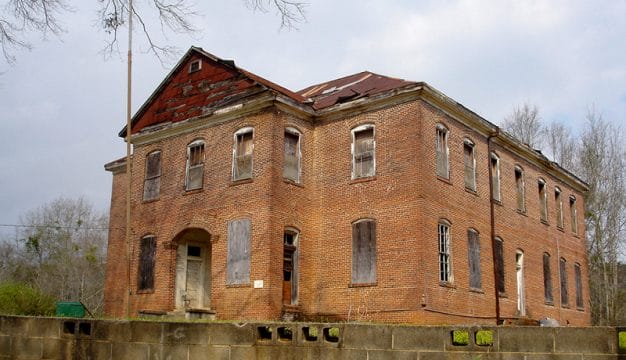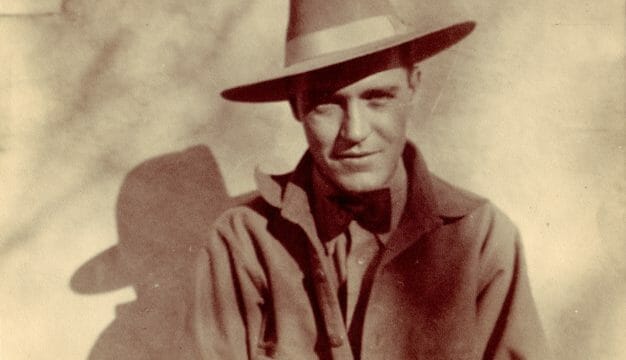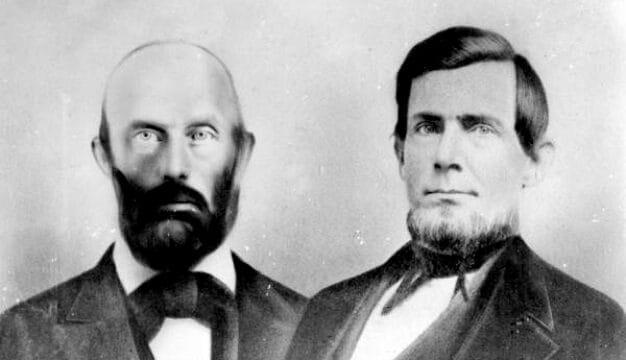Hattie Hooker Wilkins
Hattie Hooker Wilkins (1875-1949) was the first woman elected to the Alabama State Legislature as a representative. She was a leading Alabama suffragist and, during her time in office, worked toward education and healthcare reform.
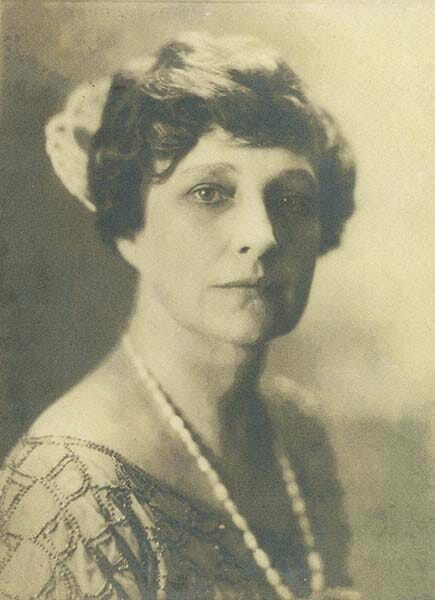 Hattie Hooker Wilkins
Hattie Hooker was born July 28, 1875, in Selma, Dallas County, to Frederick Josiah and Alexina Fellows Hooker. She attended Boss Calloway’s School in Selma and then Peabody Normal College in Nashville, Tennessee. After graduating in 1894, she worked as a teacher until she married industrialist Joseph G. Wilkins in 1898. The couple resided in Selma and had four children, one of whom died at the age of three after accidentally ingesting lye water. During the first two decades of the twentieth century, Wilkins lived a life very similar to other middle-class women of her era. She was a homemaker and primary caregiver to the couple’s children and was involved in club and church activities in Selma but also had a strong interest in politics, particularly women’s rights. Wilkins helped found the Selma Suffrage Association in 1910 and served as an officer of the organization. She also was a member of the Alabama Equal Suffrage Association (AESA), which was established in 1912 by Pattie Ruffner Jacobs with the purpose of achieving the right to vote for white women in Alabama. Wilkins’s endeavors for women’s suffrage were encouraged by her husband, and she served as a board member and secretary of the AESA.
Hattie Hooker Wilkins
Hattie Hooker was born July 28, 1875, in Selma, Dallas County, to Frederick Josiah and Alexina Fellows Hooker. She attended Boss Calloway’s School in Selma and then Peabody Normal College in Nashville, Tennessee. After graduating in 1894, she worked as a teacher until she married industrialist Joseph G. Wilkins in 1898. The couple resided in Selma and had four children, one of whom died at the age of three after accidentally ingesting lye water. During the first two decades of the twentieth century, Wilkins lived a life very similar to other middle-class women of her era. She was a homemaker and primary caregiver to the couple’s children and was involved in club and church activities in Selma but also had a strong interest in politics, particularly women’s rights. Wilkins helped found the Selma Suffrage Association in 1910 and served as an officer of the organization. She also was a member of the Alabama Equal Suffrage Association (AESA), which was established in 1912 by Pattie Ruffner Jacobs with the purpose of achieving the right to vote for white women in Alabama. Wilkins’s endeavors for women’s suffrage were encouraged by her husband, and she served as a board member and secretary of the AESA.
The AESA led the Alabama campaign to ratify the Nineteenth Amendment giving women in the United States the right to vote, but it was unsuccessful. In spite of this, the Nineteenth Amendment became law when Tennessee became the thirty-sixth state to ratify it. (Alabama would not ratify the Nineteenth Amendment until 1953.) The AESA disbanded at its convention in April 1920, but Wilkins remained politically active. She and other former AESA members organized the Alabama League of Women Voters, and Wilkins served as an officer. In the 1922 election, Wilkins and five other women ran for seats in the Alabama State Legislature, and Wilkins was the only successful candidate. She joined the 1923 Alabama House of Representatives as a Democrat, expressing the belief that in a nation of men and women, government should represent both genders.
In the legislature, Wilkins’ main goals were reforming education and healthcare in Alabama. She headed the committee on public health and presented bills relating to healthcare, education, children, and the specific concerns of her constituents. She served one term in the Alabama House of Representatives and was well-respected. Wilkins chose not to run for a second term in office and, upon her departure, her colleagues in the legislature presented her with an inscribed cup honoring her as the first female member of the Alabama Legislature. Wilkins remained the only woman elected to the Alabama Legislature until 1937.
Hattie Hooker Wilkins died in 1949. In 1977, Wilkins was one of 25 women included in a permanent exhibit, Faces and Voices of Alabama Women, at the University of Alabama in Tuscaloosa, Tuscaloosa County. Wilkins was again honored in 1997 when she was inducted into the Alabama Women’s Hall of Fame, hosted by Judson College in Marion, Perry County.
Further Reading
- Thomas, Mary Martha. The New Woman in Alabama: Social Reforms and Suffrage, 1890-1920. Tuscaloosa: University of Alabama Press, 1992.
- ———. Stepping Out of the Shadows: Alabama Women, 1819-1990. Tuscaloosa: University of Alabama Press, 1995.
